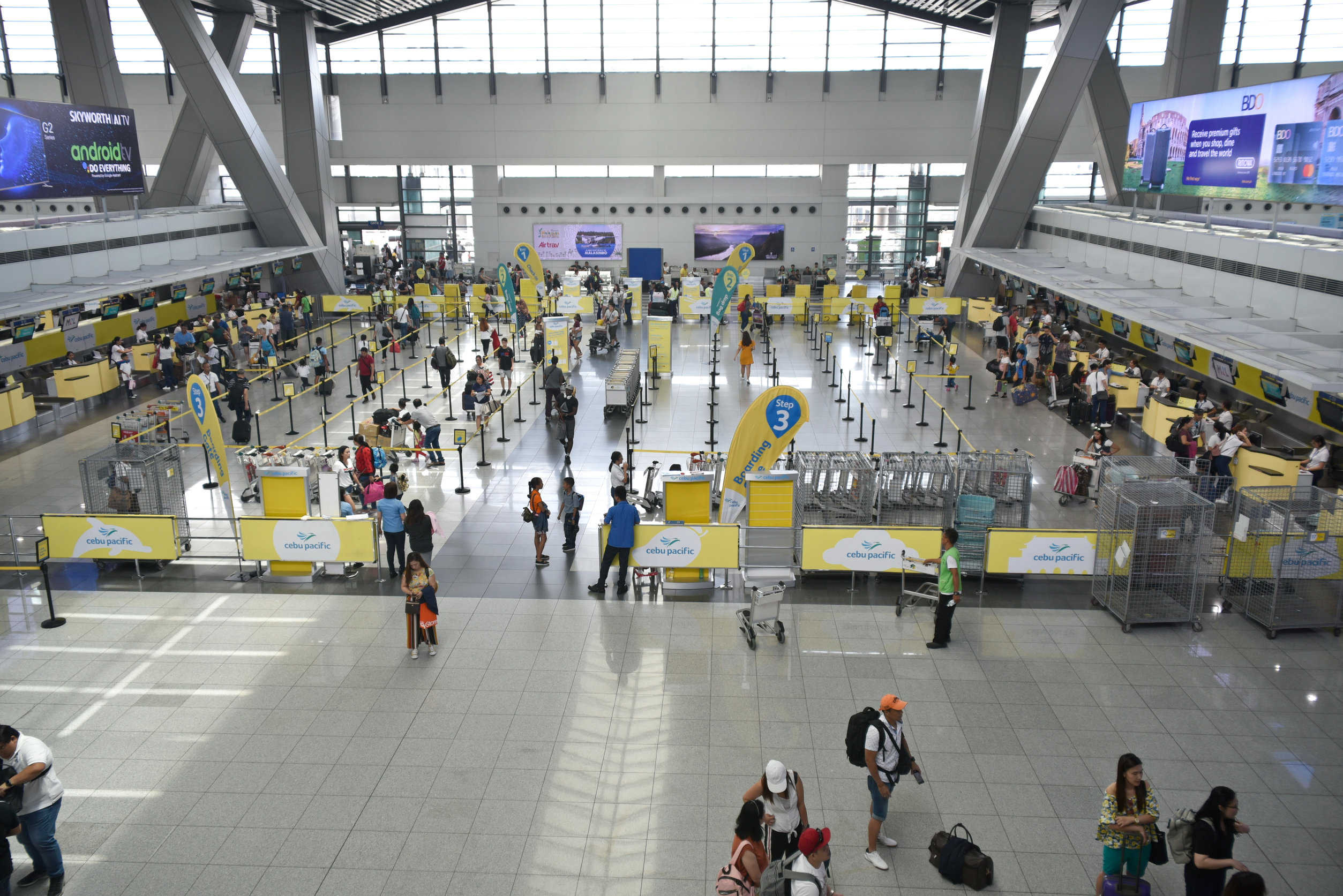The Philippine government urged to help repatriated migrant workers

Such challenges include the implications for remittances, income and employment.
In 2020, hundreds of thousands of Filipinos returned home to the Philippines because of the pandemic, significantly affecting the economy as the country is heavily dependent on overseas remittances to boost household consumption.
As such, ADB principal economist Jong Woo Kang and consultant Ma. Concepcion Latoja have urged the government to step up on developing human capital.
This can be done by ensuring that resources are available for quality education and training, promoting skills diversification, reinforcing workplace adaptability, inculcating responsiveness to labour market changes, and upgrading the infrastructure needed to increase work opportunities and widen its accessibility, said Kang and Latoja.
In addition, reintegration programmes should be improved, serving as channels of development for OFWs who return with different levels of skills, competencies and experiences.
Reintegration programmes would help OFWs redeploy their skills to help their communities transition to more self-reliant microeconomies.
Studies showed that 52% of OFWs are interested in upgrading their skill sets through training.
READ: Bill for “right to disconnect” filed in the Philippines
Currently, the Department of Labour and Employment and the Overseas Workers Welfare Administration oversee and implement reintegration programmes. Kang and Latoja said successful reintegration would depend greatly on the ability to generate income, according to Philstar Global.



